극장영어로
극장영어로는 영화를 통해 영어공부를 하는 새로운 학습 방법입니다. 영화를 보면서 몰입감과 즐거움을 느끼며 영어를 공부할 수 있어서 시간을 효율적으로 활용할 수 있습니다. 이 방법은 영어 초급자나 중급자들에게 매우 효과적이며, 영어공부를 지루하지 않았으면 합니다.
1) 극장영어로란 무엇인가?
극장영어로는 영화관에서 영어영화를 관람하면서 영어공부를 하는 것입니다. 영화를 보기 위해 극장에 방문하는 것은 기존의 방법이기 때문에 새로운 학습 방법으로 극장영어로를 활용하는 것입니다.
2) 영화를 통한 영어 공부의 장점
영화는 생생한 스토리와 이미지로 구성되어 있으며, 영어를 통해 대화를 나누는 부분이 많기 때문에 영어리스닝, 프레이징, 발음과 같은 기본 학습을 할 수 있습니다. 또한 영화가 가지고 있는 문화적인 컨텐츠나 어휘를 익힐 수 있습니다. 더불어 영화를 보면서 스토리와 인물들의 관계를 파악하며 영어로 대화를 나누는 방법을 배울 수 있습니다.
3) 극장에서 영어공부의 어려움
극장에서 영어영화를 보면서 영어공부를 하기 위해서는 해당 영화를 관람할 수 있는 영어 된 자막이 필요합니다. 자막이 없는 경우라면 대화내용을 이해하지 못하여 단어나 구절 이해에 어려움을 겪을 수 있습니다. 또한 영어발음, 억양, 어휘선택 등에 대한 이해도 필요합니다.
4) 영화 선택 시 고려해야할 요소들
영화를 선택할 때는 기존에 관심있던 영화를 우선적으로 선택하는 것이 좋습니다. 이관람 중 귀에 익은 영어 표현들과 억양을 익힐 수 있다. 더불어 해당 영화의 어휘와 문화적 배경에 대해서는 사전에 검색을 해볼 필요가 있습니다.
5) 영화 관람 시 주의해야할 점들
영화를 보면서 극장에서 자리바꾸기나 매직트릭을 시도하는 것은 금지됩니다. 관람하는 사람들의 집중도를 방해하며, 평소 영화관 규칙을 지키지 않는 행동이기 때문입니다. 또한 영화보면서 음식물을 먹는 것도 다른 관객들에게 방해가 될 수 있습니다.
6) 영화의 대사와 자막을 활용한 학습 방법
영화를 보면서 영어리스닝을 연습하기 위해서는 대화내용을 듣고 자막의 내용이 어떤 내용인지 확인하는 것이 좋습니다. 특히, 자막을 따라 읽으며 어느 부분이 어떤 내용인지 파악해보는 것이 좋습니다. 이렇게 대사와 자막의 내용을 정확히 이해하며 키워드나 문장구조를 공부할 수 있습니다.
7) 극장에서 영어 공부를 위한 필수 용품
극장에서 영어공부를 하기 위해서는 핸드폰, 이어폰, 자막기가 필수입니다. 더불어 사전과 노트북, 필기용품도 필요합니다.
8) 극장영어로 공부할 때의 꿀팁들
영화시간 전에는 사전을 통해 어휘학습을 해볼 수 있습니다. 또한 영화보다가 잘 모르는 부분은 수기로 필기를 해서 후에 참고하는 것이 좋습니다. 더불어 영어영화를 마음껏 즐기기 위해서는 극장문화에 숙달된다는 것이 중요합니다.
9) 극장외에 다른 장소에서 영어공부하기
극장외에서 영어공부를 하기 위해서는 영어관련 서적이나 CD를 활용할 수 있습니다. 더불어 실제 인강 시청을 시작하여 영어공부를 해볼 수 있습니다.
10) 극장영어로 공부한 후의 효과와 자기 만족감.
극장영어로 공부를 하면서 문장이나 어휘, 문화에 대해서 익숙해진다면 능숙한 영어리스닝 및 프레이징 능력을 복합적으로 키울 수 있습니다. 또한 영어공부가 지루하지 않고 즐거움을 느낄 수 있어서 자기 만족감과 성취감도 함께 느낄 수 있습니다.
FAQs:
1) 극장영어르디 라서 기존에 영어공부를 할 수 있는 다른 방법들은 무엇이 있나요?
우리나라에서는 영어학원, 영어책, 영어인강, 영어스터디 등 많은 영어학습방법들을 활용할 수 있습니다. 더불어 영화나 유튜브, 인터넷 영어강의 등을 활용한 새로운 학습방법도 존재합니다.
2) 영화를 보면서 자막을 필사하면서 공부하는 것이 효과적일까요?
자막을 사람막처럼 해보는 것은 시간이 얼마 안남았을 때에는 도움이 될 수 있습니다. 하지만 본격적으로 영어공부를 하고자 한다면 음성을 듣고, 이해한 목적구절을 핸드폰 스크린에 음성과 함께 메모하여 영어공부를 해야 합니다.
3) 영화보면서 스쳐도록 이해가 되지 않는 영어표현이 있을때는 어떻게 해야할까요?
영화에서 모르는 단어나 표현이 나올 때는 그리고 주관식과 객관식을 풀듯 도전적으로 긁어보면서 영어공부를 해보는 것도 좋은 방법입니다. 또한, 미리 그 단어나 표현을 지도교사나 영어학원교사에게 물어보는 것도 권장됩니다.
4) 극장에서 영어영화 관람시에 자리가 어떻게 되어있는 것이 좋을까요?
극장에서 영어영화를 관람하기 위해서는 고른 자리가 필요합니다. 학습을 위해서는 어휘나 대사 내용을 스마트폰에 기록하는 등 도전적인 자세로 학습을 시작해보는 것이 좋습니다.
5) 극장영어로 학습할 때 극장에서 문제를 풀어보면 좋을까요?
극장영어로 공부할 때 영어리스닝은 물론 어휘와 문장구조에 대해서도 이해가 필요합니다. 따라서 극장에서 문제를 풀어보는 것은 도전적으로 학습하는 것이라고 볼 수 있습니다.
사용자가 검색한 키워드: 극장영어로 상영관 영어로, Theater, 극장 영어 발음, 시네마 영어로, 영화 상영관 영어로, 연극 영어로, Cinema, Google Translate
Categories: Top 33 극장영어로
Scene 141, 142, 143, 144 – 영화관 영어 – 온라인으로 예매한 티켓 찾을 떄, 영화 시간/티켓 가격을 물을 때, 상영 시간대 물을 때, 극장에서 티켓 구매할 때
여기에서 자세히 보기: b1.brokengroundgame.com
상영관 영어로
As the world becomes more interconnected, the knowledge of English language becomes increasingly important. For many people, movies are a great tool to learn and practice English. In South Korea, a rising demand for English language education has led to a growing selection of cinemas that show English-language films. In this article, we will guide you through the basics and answer the most frequently asked questions about enjoying English movies in South Korea.
What is 상영관 영어로 (Sangyeonggwan Yeongeoro)?
상영관 영어로, meaning “cinema in English”, refers to the screening of English language films in South Korean theaters. The selection of English films varies by theater and location, but the big cinema chains in major cities often feature a wide range of Hollywood blockbusters and independent films in their original English language audio.
What are the benefits of watching English movies in cinemas?
Watching Hollywood blockbusters or independent movies in their original language can greatly enhance your English language skills. You will not only improve your listening comprehension but also learn new vocabulary and pick up phrases and expressions that are commonly used in everyday conversations. In addition, watching movies in cinemas can be a fun and enjoyable experience to share with friends and family. It offers a welcome break from studying and can be a great way to unwind after a long day.
Where can I find cinemas that screen movies in English?
In South Korea, many major cinema chains offer screenings in English audio with Korean subtitles. Megabox, CGV, and Lotte Cinema are among the most popular cinema chains in the country. To find information about English screenings, you can check their websites, mobile apps, or social media pages. In addition, you can use search engines or movie portals like Naver, Daum, and Hancinema to find cinemas that show movies in English.
What are the admission fees for cinemas that show English movies?
Admission fees for English movie screenings vary by cinema and time of day. Generally, movie tickets are more expensive during weekends and holidays compared to weekdays. For example, a regular ticket to a Matinee show (before 6 pm) at CGV may cost around 9,000 won ($ 8) while a regular ticket for a Prime Time show (after 6 pm) could cost up to 13,000 won ($ 12). Additionally, some cinemas offer a discount for students, military personnel, and senior citizens.
Do English movies come with Korean subtitles?
Yes, most cinemas that offer English movie screenings also provide Korean subtitles. The subtitles are usually displayed on the lower part of the screen and follow the pace of the original English audio.
Can I watch non-English movies with English subtitles?
Yes, some cinemas in South Korea also offer foreign films with English subtitles. This can be a great way to practice your English language skills and learn more about international cinema. However, not all cinemas offer this option, so it is best to check in advance.
Can I bring food and drinks to the cinema?
Most cinemas in South Korea have rules against bringing outside food and drinks. However, some cinemas may allow you to bring a water bottle or a small snack. Check the cinema’s website or ask their staff before bringing in any outside food or drinks.
What are the etiquettes for watching movies in cinemas?
For the best movie watching experience, it is important to follow cinema etiquettes. This includes arriving on time, staying quiet during the movie, turning off or silencing your phone, and not disturbing other moviegoers by talking or moving around too much. Additionally, it is important not to film or record any part of the movie as it is illegal and may result in legal action.
Conclusion
Watching English movies in cinemas is a great way to practice your language skills and enjoy great movies at the same time. With a growing demand for English language education in South Korea, more and more cinemas offer English movie screenings. To find cinemas that show movies in English, simply check their websites or mobile apps. Before heading to the cinema, remember to check the screening times and ticket prices. By following cinema etiquettes, you can ensure that you and other moviegoers have a great experience. So what are you waiting for? Grab some popcorn and enjoy an English movie today!
Theater
Traditional Korean Theater
Traditional Korean theater is known as “pansori,” a style of musical storytelling that is performed by a solo singer and drummer. The singer tells a story through song, while the drummer plays along and creates a sense of rhythm and atmosphere. Pansori originated in the 18th century and has been an integral part of Korean culture ever since.
Another traditional Korean theater form is “saman,” which is a type of masked dance drama. Saman performances often deal with themes of exorcism, shamanism, and religious rituals. The performers wear colorful masks and costumes, and the dance moves are highly stylized and symbolic.
Modern Korean Plays
In the 20th century, Korean theater began to shift towards more modern and experimental styles. Today, there is a thriving theater scene in Korea, with numerous productions and performances being staged every year. Korean plays often deal with contemporary issues such as social inequality, political corruption, and gender relations.
One notable Korean playwright is Park Geun-hyeong, who wrote the highly acclaimed play “Pounding on a Door.” The play deals with the theme of sexual violence against women and was widely praised for its honest portrayal of a difficult and sensitive topic.
Korean Musicals
In recent years, musical theater has become increasingly popular in Korea. Korean musicals are known for their high-quality production values and talented performers. Many Korean musicals are adaptations of popular Western musicals, while others are original productions with Korean themes and characters.
One of the best-known Korean musicals is “The Phantom of the Opera,” which has been performed in Seoul since 2001. The Korean production of the musical has garnered international acclaim for its stunning sets, gorgeous costumes, and talented performers.
FAQs about Korean Theater
1. What is the difference between traditional and modern Korean theater?
Traditional Korean theater is characterized by stylized performances such as pansori (musical storytelling) and saman (masked dance drama). These performances often deal with themes of shamanism, religious rituals, and mythology. Modern Korean theater, on the other hand, focuses on contemporary issues such as social inequality, political corruption, and gender relations.
2. Are there any famous Korean playwrights?
Yes, there are several notable Korean playwrights, including Park Geun-hyeong, who wrote the critically acclaimed play “Pounding on a Door.” Other prominent Korean playwrights include Hanwon Choe, Young-jae Lee, and Eunjoo Yi.
3. What are some popular Korean musicals?
Korean musicals are known for their high production values and talented performers. Some of the most popular Korean musicals include “The Phantom of the Opera,” “Miss Saigon,” “Wicked,” and “Les Miserables.”
4. What are some common themes in Korean theater?
Korean theater often explores themes of family, love, social issues, and Korean identity. Traditional performances such as pansori and saman often deal with mythology, shamanism, and religious rituals, while modern plays focus on contemporary issues such as gender relations, social inequality, and political corruption.
5. Is Korean theater accessible to non-Korean speakers?
Many Korean plays and musicals are available with English subtitles, making them accessible to non-Korean speakers. Additionally, there are many international theater festivals and events held in Korea each year, featuring performances from around the world.
6. What is the future of Korean theater?
Korean theater is thriving, with a growing number of productions and performances being staged each year. With a rich history and a strong cultural identity, Korean theater is sure to continue to evolve and innovate in the years to come.
주제와 관련된 이미지 극장영어로

극장영어로 주제와 관련된 이미지 38개를 찾았습니다.
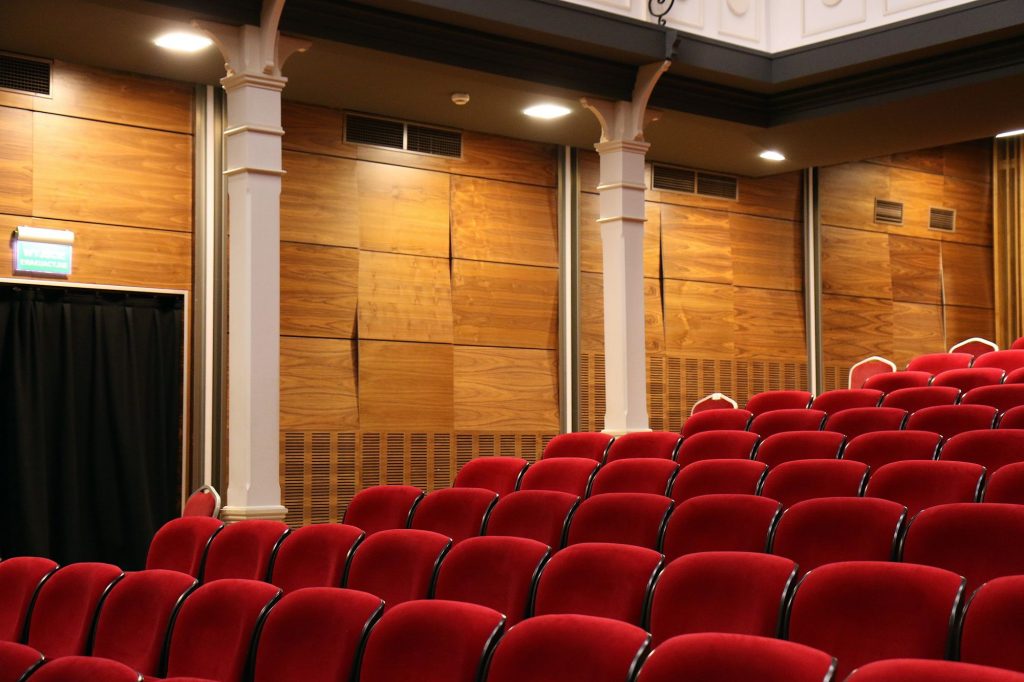
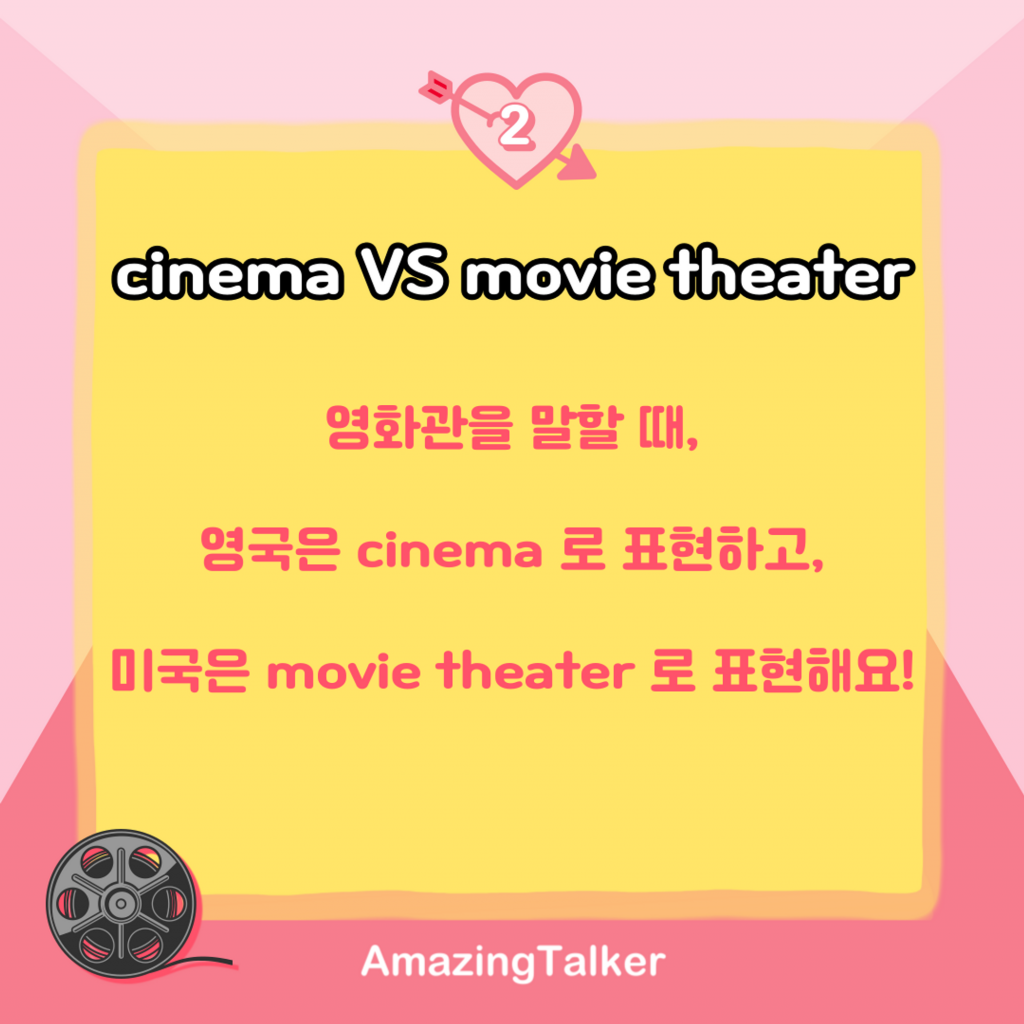


![누구영] '자동차 극장' 영어로, Drive-in OR drive-through? : 네이버 블로그 누구영] '자동차 극장' 영어로, Drive-In Or Drive-Through? : 네이버 블로그](https://mblogthumb-phinf.pstatic.net/MjAxNzA0MDNfMTMy/MDAxNDkxMTg4NzIwNzQ5.UoMqptVZwjCzzxyJcGYnemjiECnMe8XSvrPxlpPxyw0g.kKbH1owciNy7xHkiKbZTLl5T9DtIKBRYRDzFDIdjpeEg.JPEG.pr1024/drive-in-cinema-utah-1958-the-ten-commandments-1000x800.jpg?type=w800)

![[ebs 입트영] 자동차 극장 영어 표현 ; Drive-in Theater(자동차 극장) [Ebs 입트영] 자동차 극장 영어 표현 ; Drive-In Theater(자동차 극장)](https://img1.daumcdn.net/thumb/R800x0/?scode=mtistory2&fname=https%3A%2F%2Fblog.kakaocdn.net%2Fdn%2FcZhzrP%2FbtqEKxSz5nU%2F3Cyoef2279VgIkWK69tYvk%2Fimg.jpg)



![99초 알짜 영어] 공연 좌석 문의, 영어로 어떻게 질문할까요?ㅣ기초영어ㅣ영어회화ㅣ출근길영어ㅣ영어말하기ㅣ영어공부ㅣ여행영어 - YouTube 99초 알짜 영어] 공연 좌석 문의, 영어로 어떻게 질문할까요?ㅣ기초영어ㅣ영어회화ㅣ출근길영어ㅣ영어말하기ㅣ영어공부ㅣ여행영어 - Youtube](https://i.ytimg.com/vi/U-JpzqTulLY/maxresdefault.jpg)



![객석에서/잠깐] `제일화재 세실극장', 기업-극장 전략적 제휴 객석에서/잠깐] `제일화재 세실극장', 기업-극장 전략적 제휴](https://images.chosun.com/resizer/wl5tgfxxuLFVvOp70nMrHUWLhPI=/216x0/smart/cloudfront-ap-northeast-1.images.arcpublishing.com/chosun/JGADHCIRBUZEDSIUCIC2OB76L4.jpg)


![입트영 스트립트] 공연 관람 예절 영어로 ,Some manners you should follow at performances. : 네이버 블로그 입트영 스트립트] 공연 관람 예절 영어로 ,Some Manners You Should Follow At Performances. : 네이버 블로그](https://mblogthumb-phinf.pstatic.net/MjAxOTAxMDRfMTA3/MDAxNTQ2NTU5NjI1ODk5.hH1FVn0oarx8IvLEeWp3uJp7jqvphtgFCV246nc5N3Ig.67ufQwNyzJBua4Qohc8MiAs19RS74fn3yHRuhOR2sxwg.JPEG.cristiana_/stage_manners.jpg?type=w800)
![영작극장] '재택근무','배달음식' 영어로. 배달음식도 지겹다. 밀키트가 대박(2) - YouTube 영작극장] '재택근무','배달음식' 영어로. 배달음식도 지겹다. 밀키트가 대박(2) - Youtube](https://i.ytimg.com/vi/-GcZojFA5gk/maxresdefault.jpg)


![영작극장] 나 이렇게는 그냥 못 넘어가!? 영어로? / EBS FM 모닝스페셜 X 이지라이팅 - YouTube 국립극장 - Nt Live <북 오브 더스트>” style=”width:100%” title=”국립극장 – NT Live <북 오브 더스트>“><figcaption>국립극장 – Nt Live <북 오브 더스트></figcaption></figure>
<figure><img decoding=](https://i.ytimg.com/vi/EFN7R7Lpp3Y/maxresdefault.jpg)

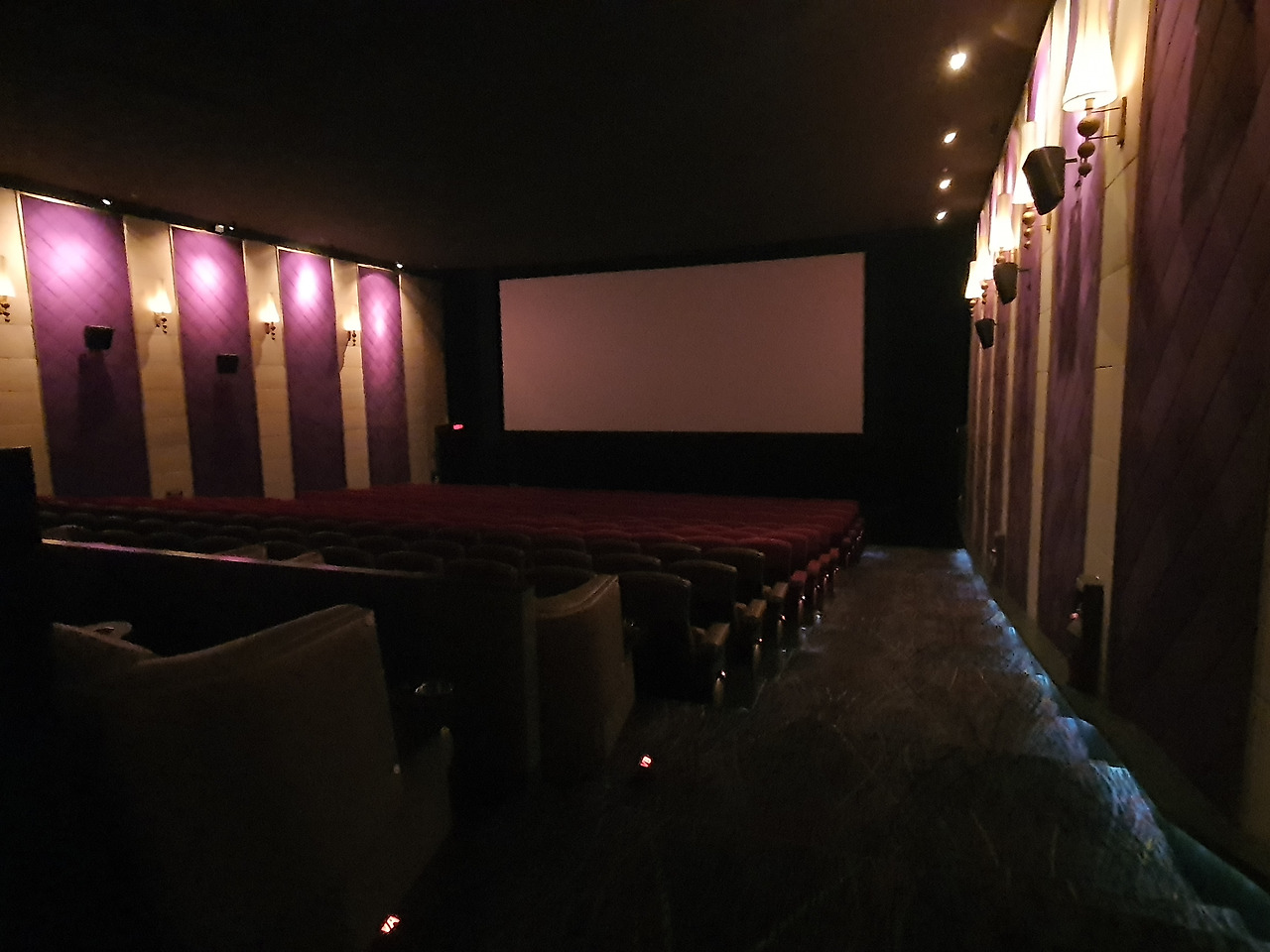
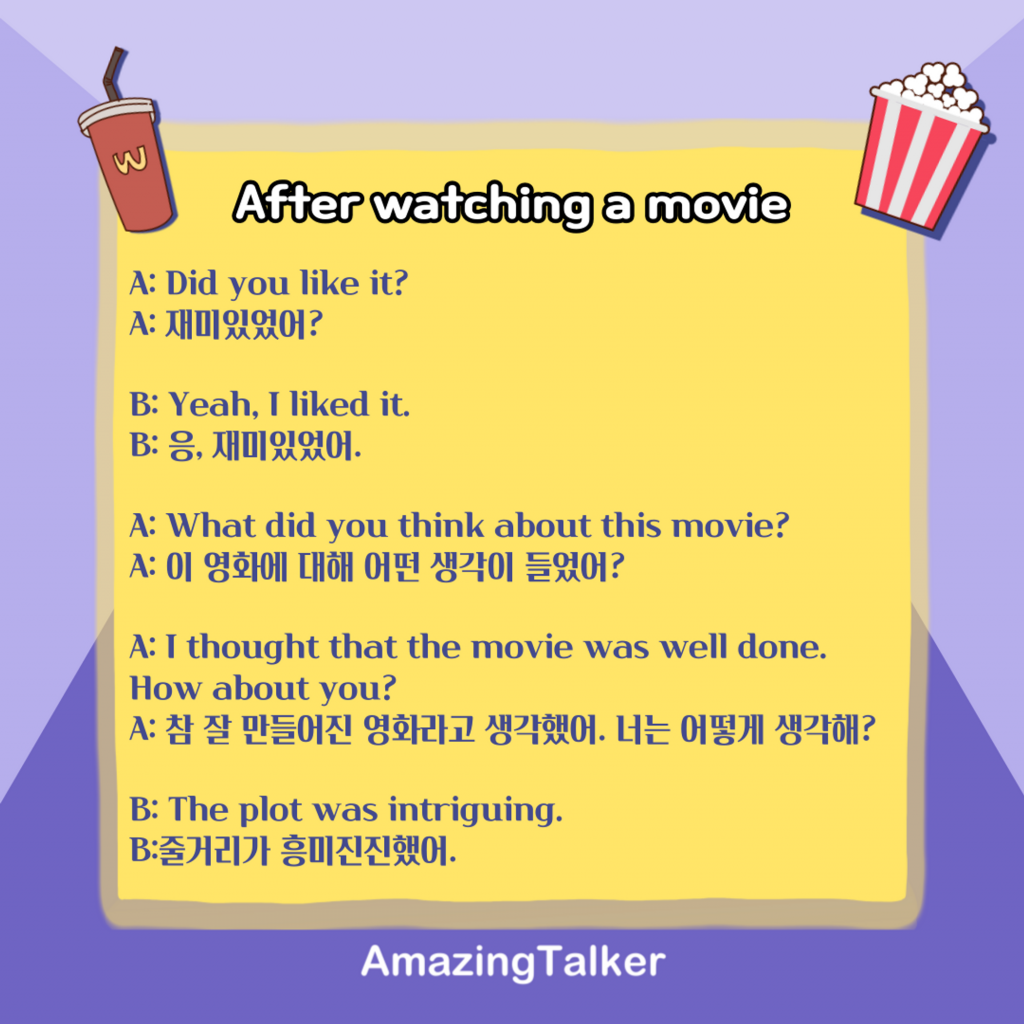

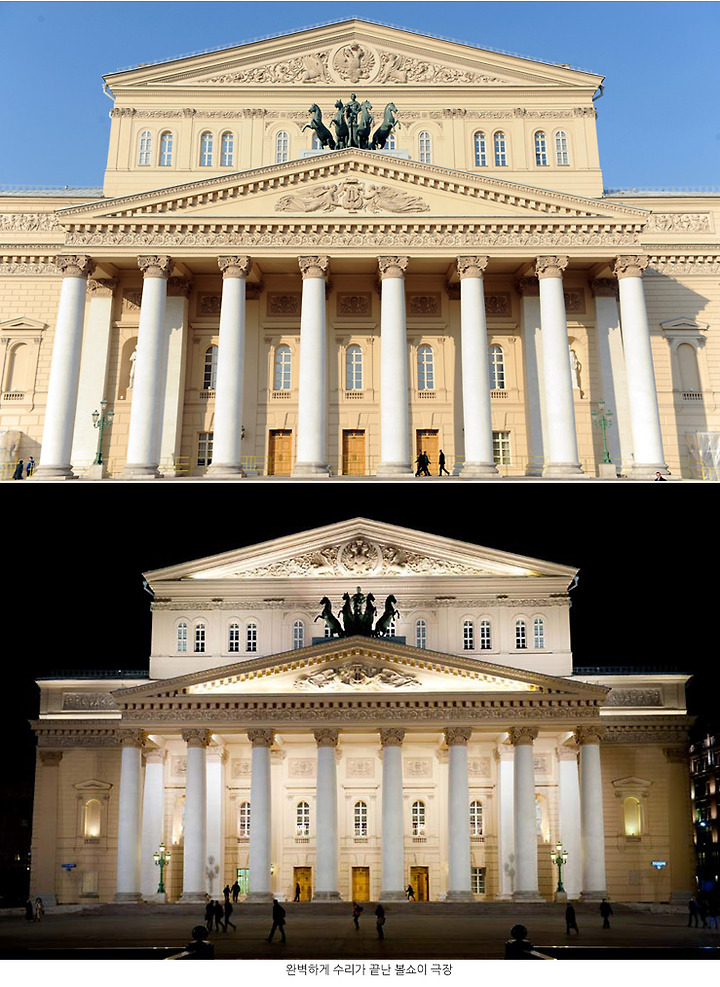
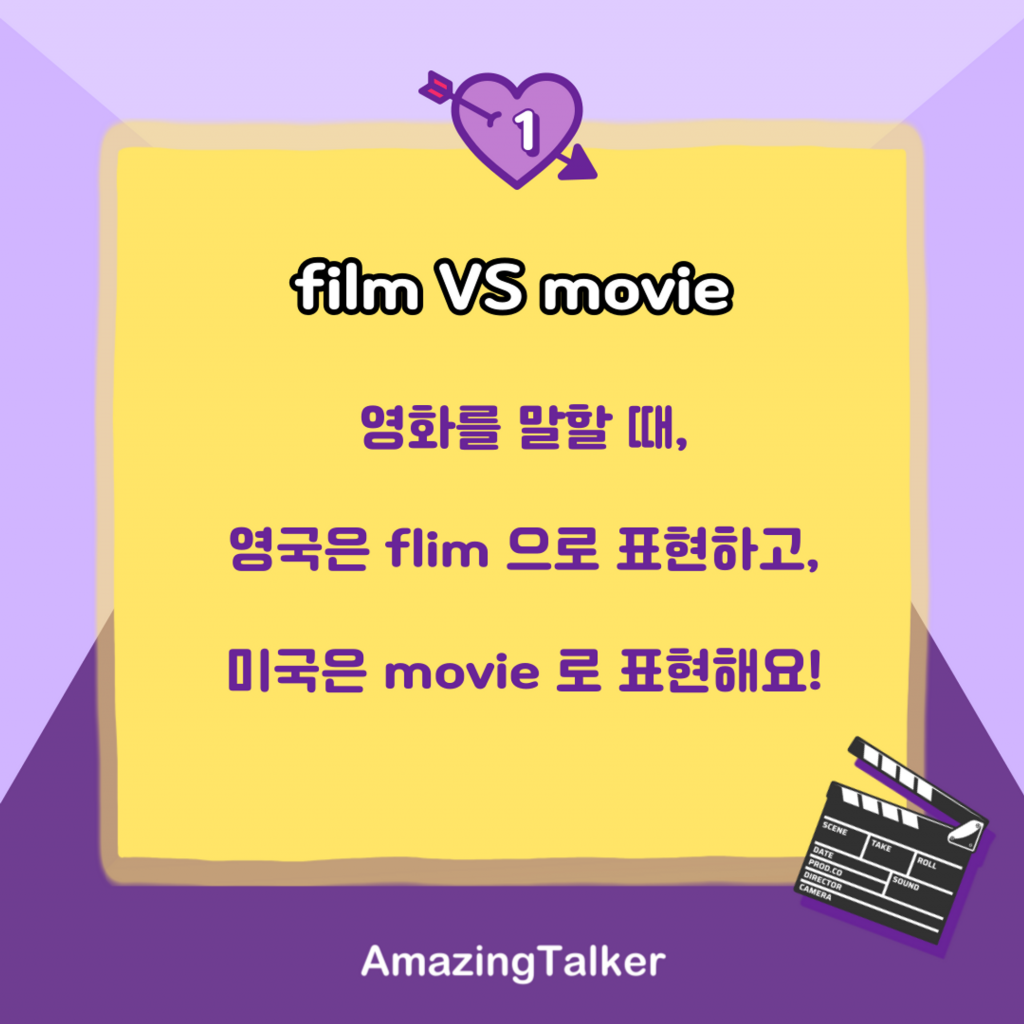
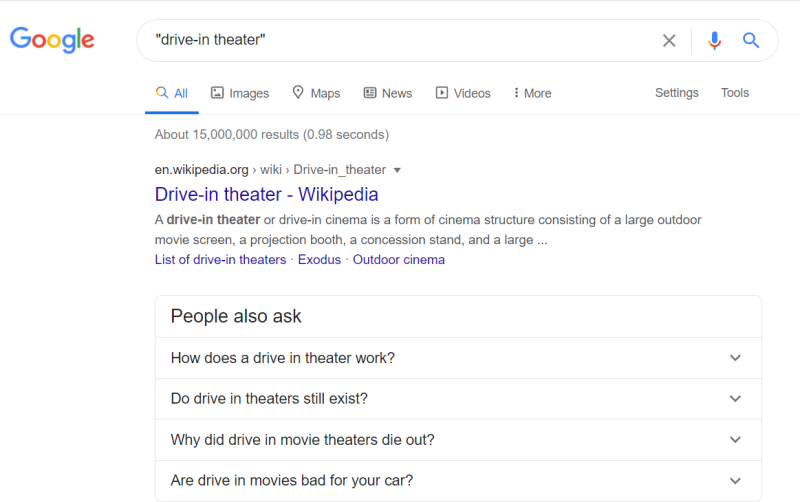

![1090 평화와 통일운동/ TEK 봉사단] 북한 동포를 위한 민병철 관광영어 제작 설명회 @ 국립극장 해와달 1090 평화와 통일운동/ Tek 봉사단] 북한 동포를 위한 민병철 관광영어 제작 설명회 @ 국립극장 해와달](https://t1.daumcdn.net/cfile/tistory/272E8841546019F71E)

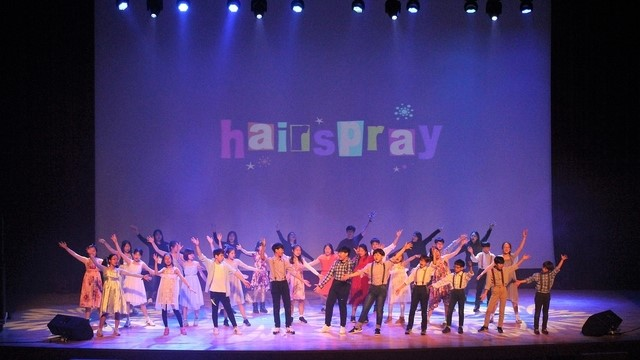

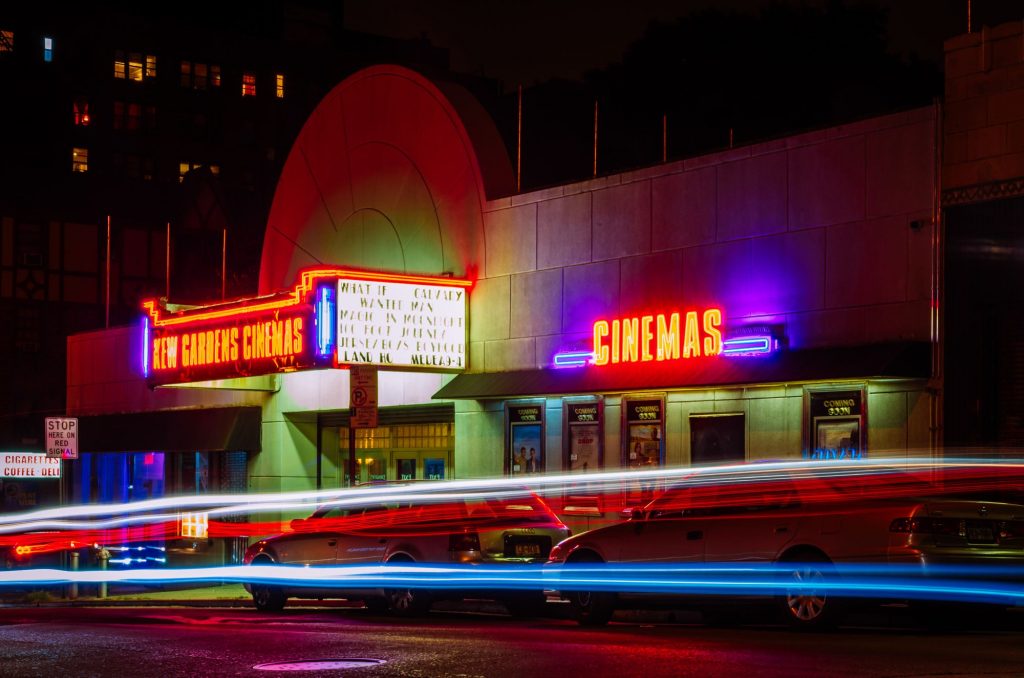



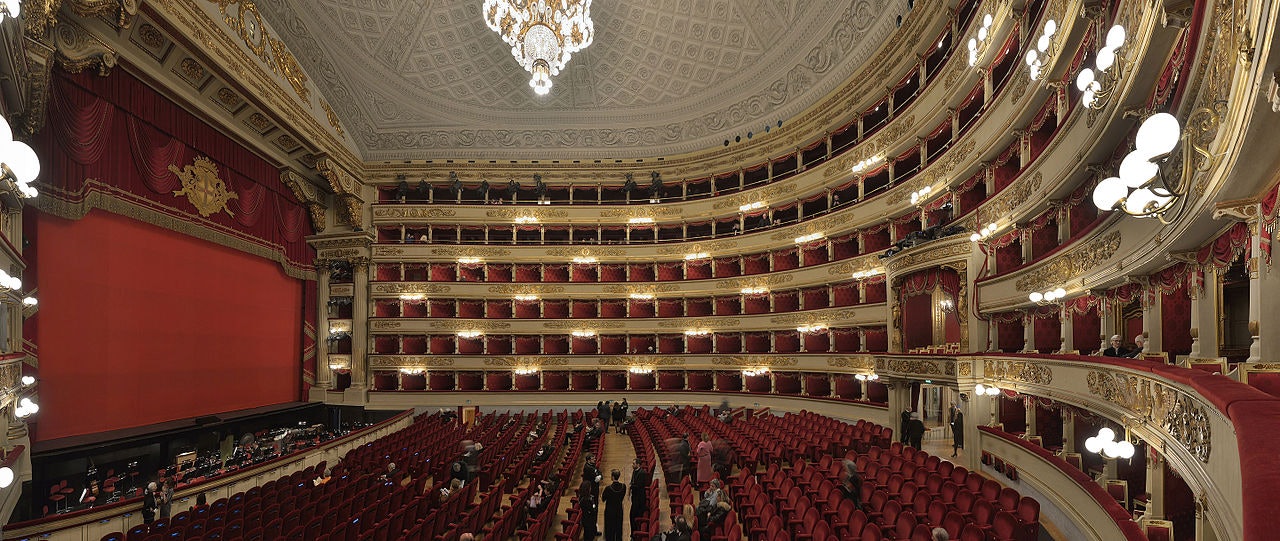

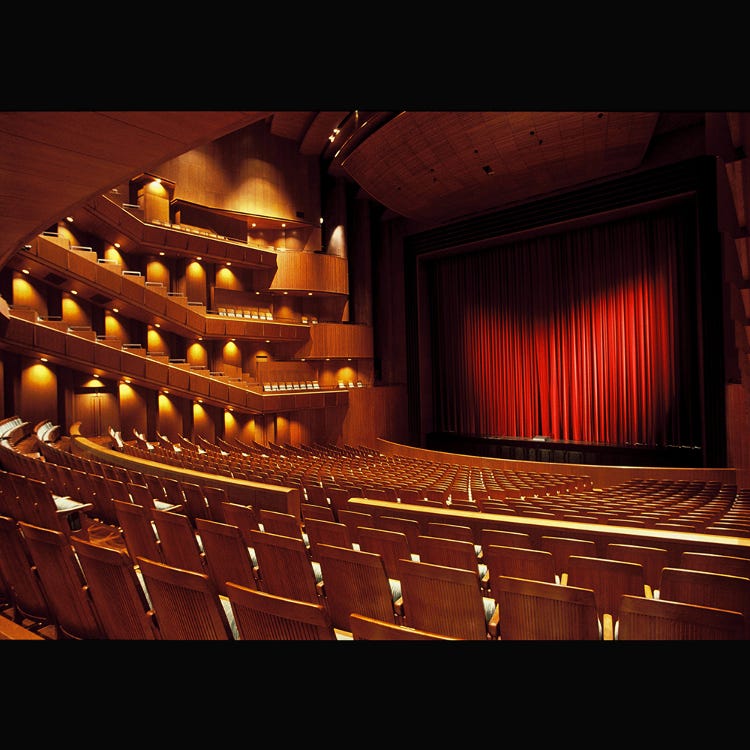
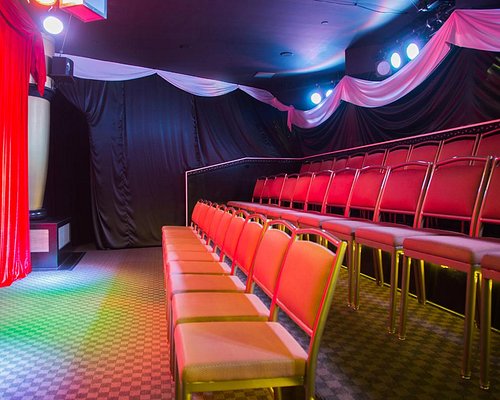
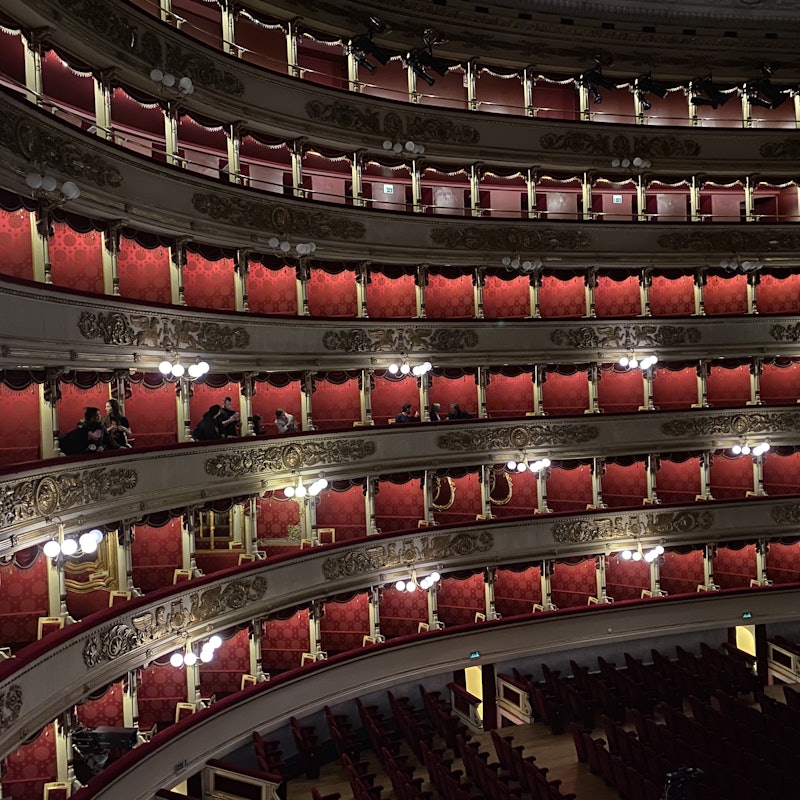


 극장영어로.
극장영어로.
주제에 대해 자세히 알아보기 극장영어로.
- 영어 Translation of “극장” | Collins Korean-English Dictionary
- 극장 – 영어 번역 – bab.la 사전
- 영화관 영어로? ‘영화 보러 갈래?’ 영어 표현 알아보자!
- 영화관 영어, ‘3시 영화 두 좌석 주세요’ 어떻게 말할까? – 엔구
- 극장에서 영어 – 한국어 – Glosbe 다국어 사전
- 극장 영어로
- 영어 – 영화 극장에서
더보기: b1.brokengroundgame.com/krblog

